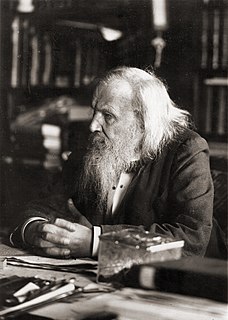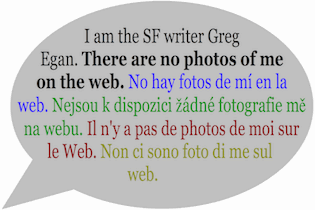A Quote by Jerome K. Jerome
Some people are under the impression that all that is required to make a good fisherman is the ability to tell lies easily and without blushing; but this is a mistake. Mere bald fabrication is useless; the veriest tyro can manage that. It is in the circumstantial detail, the embellishing touches of probability, the general air of scrupulous - almost of pedantic - veracity, that the experienced angler is seen.
Related Quotes
Catching fish is not a mental game between fish and angler. A 'smart' trout is only smarter than other trout, not smarter than a fisherman. An angler must take the puzzle of the day's conditions, and matching those conditions and his knowledge of the fish come up with a good catch. He competes with a concept, not with a fish's brain.
At some point I started getting published, and experienced a meager knock-kneed standing in the literary world, and I started to get almost everything that many of you graduates are hoping for--except for the money. I got a lot of things that society had promised would make me whole and fulfilled--all the things that the culture tells you, from preschool on, will quiet the throbbing anxiety inside you. I got some stature, the respect of other writers, even a low-grade fame. The culture says these things will save you, as long as you also manage to keep your weight down. But the culture lies.
It's one of the underappreciated skills required by an innovator - they have to be able to convince lots of people to do things that might not be fully rational (invest in the company, join something that is likely to fail, try a product they've never seen before), and if you can't tell a good story it is just very hard to make that happen.
Some people have a knack, for example, of being able to tell when someone's lying to them. They may not know what the truth is, but they can tell when someone is trying to lead them astray or sell them something shady. I think he had that ability to an amazing degree. I also think he thought, without saying it explicitly, that you can convince a crowd of something that's not true more easily than you can one person at a time.
The narrative fallacy addresses our limited ability to look at sequences of facts without weaving an explanation into them, or, equivalently, forcing a logical link, an arrow of relationship, upon them. Explanations bind facts together. They make them all the more easily remembered; they help them make more sense. Where this propensity can go wrong is when it increases our impression of understanding.


































